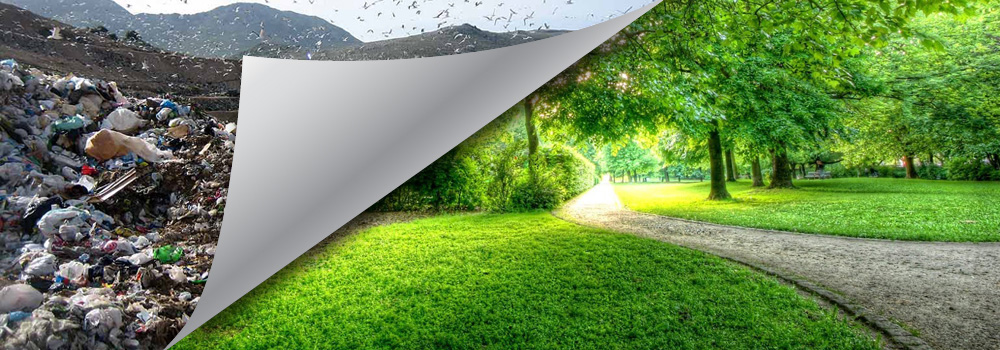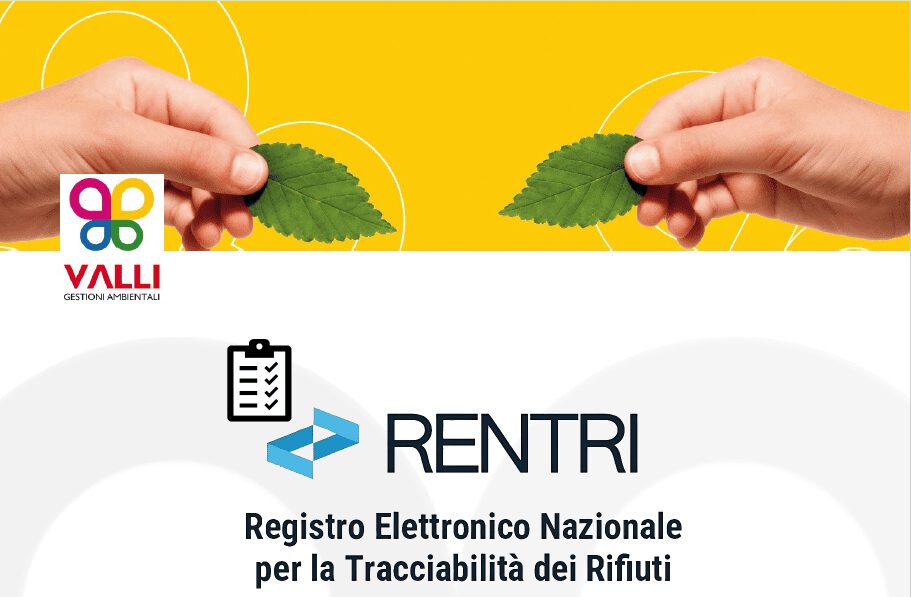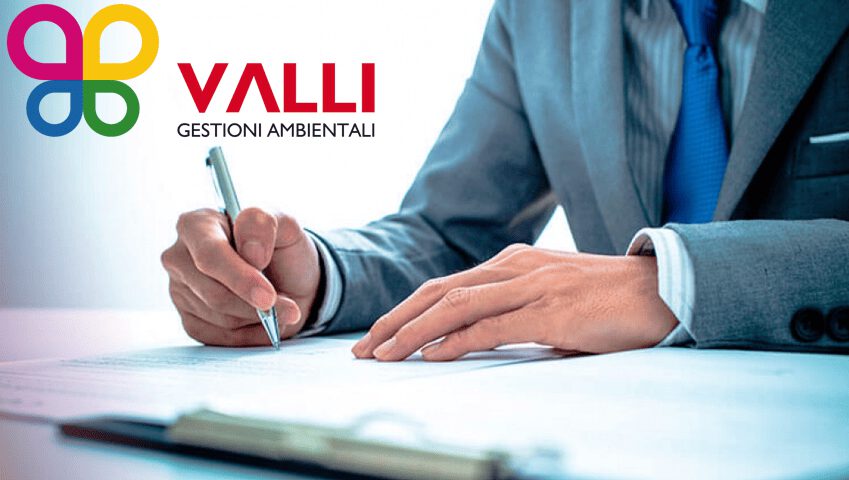Waste management and disposal are activities regulated by policies, procedures and methods that deal with the entire process: from the production of waste to its destination. In this “journey” the waste goes through the different stages of collection, transport, recovery and/or disposal, or, in the case of waste materials, reuse/recycling. These activities carried out on waste and waste materials are very important because they allow to reduce their effects on human health.
Waste disposal: from prevention to green economy
But what are the best practices for waste collection and disposal?
The process of reforming the European Commission’s waste regulations dates back to 2005. While the new Directive 2008/98/EC and Regulation 2014/995/EU propose a new legal framework for the control, generation and disposal of waste, recovery and recycling, Europe sets some objectives to be achieved by 2020 and useful strategies to this end:
- principle of prevention;
- hierarchical principle of waste;
- the polluter pays principle;
- green economy.
According to the principle of the waste treatment hierarchy, waste management must comply with an order dictated by priorities: 1 – prevention, 2 – preparation for reuse/reuse, 3 – recycling, 4 – other types of recovery (e.g. energy), 5 – disposal.
A clarification regarding prevention, which is feasible if the production and hazardousness of waste are reduced, facilitating its reuse, recycling and other recovery operations.
Legislation for waste management in Italy
Our country has accepted the directive with D. Legislative Decree 152/2006, then amended by Legislative Decree 205/2010 and Legislative Decree 116/2020. The Ministry of the Environment approved the First National Action Programme in 2013 and set the fundamental objectives to be achieved by 2020, in line with the European Union’s Objectives.
Finally, in 2014, with the Stability Law, the Connected Environment was approved: the collection of measures on public procurement, safety, environmental impact assessments, hydrogeological instability, energy saving, green taxation and Green Economy.
What really matters today is “transmitting” and on which it is worth paying close attention is what to do, how to do it and who.
Each of us, in our daily lives, can worry about waste disposal. Prevention, reuse and recovery must (or should) be applied daily for municipal and special waste. Only proper waste management can achieve the objectives.
Practical tips for managing and disposing of waste correctly in the office
There are very simple actions that can be taken to contribute to thoughtful and responsible waste management.
- Buy green products (i.e. products derived from recovery or that can be reused once they reach the end of their life). An example is printer cartridges.
- Apply separate collection (to do this, all you need to do is know the CER/EER codes of the most common office waste).
- Managing office waste: distinguish between hazardous and non-hazardous waste originating from production activities within companies (and in offices).
- Entrust waste management and disposal to specialised suppliers (for transport, preparation for reuse and/or recovery, avoiding limiting yourself to disposal directly in landfills).
- Choose certified suppliers (ISO 9001, ISO 14001, OHSAS 45001, etc.).
Waste management and disposal are practices to metabolize but which can change and significantly improve our lifestyle!




